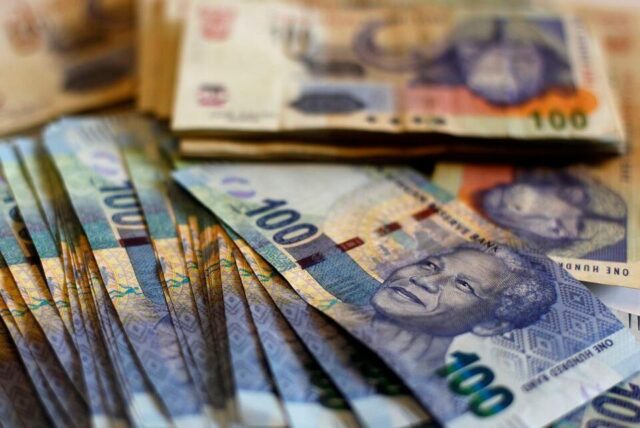State-owned entities have sucked R581 billion from the fiscus in the last decade, with power utility Eskom taking the lion’s share, as MPs on Tuesday questioned the financial controls of the cash injections.
STATE-owned entities (SOEs) have sucked R581 billion from the fiscus in the last decade, with power utility Eskom taking the lion’s share, as MPs on Tuesday questioned the financial controls of the cash injections.
The standing committee on public accounts (Scopa), chaired by Mkhuleko Hlengwa, was told by National Treasury asset and liability head Duncan Pieterse and senior financial analyst Mkhulu Maseko, among other officials, that only now had the stable doors of bailouts been boarded with an instruction note, with conditions, which so far none of the SOEs had met.
The new conditions are that the entity must demonstrate a need for government to accept the risk, show that the project would generate sufficient income to service the obligation and that an SOE, which had previously not adhered to guarantee conditions, would not seek further funding on the same type of programme.
Power utility Eskom, whose R400bn debt was taken over by the government at the last National Budget, accounts for 55% of bailout funds. This started in 2006 with a R50bn leg-up in a subordinated loan issued in tranches of R10bn in the 2008/09 fiscal year, R30bn in the 2009/10 and R20bn in 2010/11.
In 2014, the loan was converted into equity as a support package to strengthen Eskom’s balance sheet. The package came with a R23bn allocation, which was to be funded through the sale of non-core assets.
“Over the 2015/16 (financial year) Eskom received bailouts to the value of R181.55bn excluding the conversion of the subordinated loan. In the February 2019 Budget, the minister of finance announced that the government had set aside R23bn per year for 10 years to financially support Eskom, with the accumulated fiscal support amounting to R230bn,” officials said.
In the current budget, Eskom has been allocated a debt relief burden of R254bn, R184bn of which is a full debt settlement over three years and a direct takeover of the loan by 2025/26.
The government will finance the arrangement through the R66bn baseline provision in the 2019 Budget and R118bn in borrowings over the next three years.
Of the R230bn support package, the state has provided R158.4bn broken into R49bn for 2019/20, R56bn for 2020/21, R31.7bn for 2021/22 and 21.9bn for 2022/23.
Eskom is not expected to dip into the coffers again, at least for the duration of the current intervention.
Meanwhile, national carrier South African Airways, on the cusp of a takeover by Takatso Aviation, has received R50.7bn in bailouts since 2007 until it entered business rescue in 2019 with already R22.8bn in recapitalisation funds.
The entity received an additional R16.4bn in the 2020 Medium-Term Budget and R10.5bn as part of the business rescue package in 2021.
Finance Minister Enoch Godongwana allocated R1bn towards its rescue package in this February’s Budget.
Airports Company SA received its only bailout so far of R2.3bn after the Covid-19 pandemic brought its activities to a halt in 2020 leading to a 92% drop in traffic volumes.
Rail entity Transnet was bestowed a R2.9bn allocation to accelerate the repair and maintenance of its locomotives and another R2.9bn through an adjustment appropriation to fix its infrastructure damaged in the April 2022 floods in Kwazulu-Natal.
Sanral has been allocated a total of R23.7bn to service debt and guarantees for the now aborted Gauteng Freeway Improvement Project.
The SA Post Office could not hold it together, especially on the cessation of the Universal Service Obligation (USO) in 2013 and required R7.9bn in recapitalisation from 2014 to 2019 to repay outstanding debt and implement a turnaround plan.
The entity still failed to gain ground despite the reinstatement of USO and the recapitalisation, it required a further R2.4bn in the 2023 Budget after it failed to rise from the impact of Covid 19.
Arms manufacturer Denel received a R1.8bn boost between 2019/20 and 2020/21 in addition to R578 million to implement its turnaround plan.
The R3.4bn allocated in the current Budget is yet to be disbursed.The entity between 2021/22 and 2022/23 was assured on R3bn and R2.4m for guarantees of domestic medium-term notes.
– BUSINESS REPORT








